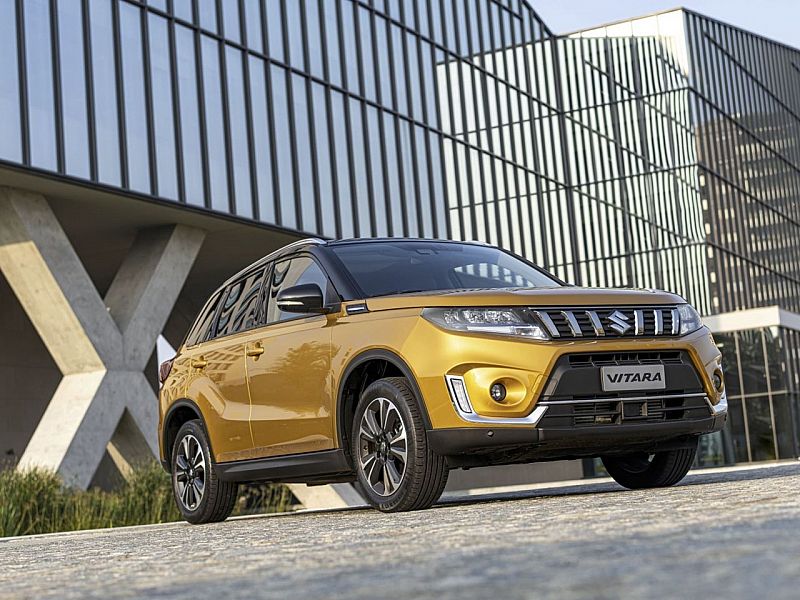Hungarian automotive industry: week 37 2020

Fotó: Magyar Suzuki
Suzuki posted promising sales volumes in summer months, while Mercedes-Benz reported on a profitable 2019. Let’s recap what last week brought in Hungary’s automotive sector. Clicking on the highlighted items will open the full stories.
Q3 2020 data shows promising prospects for Suzuki to keep their market-leading position in Hungary.
Mercedes-Benz Manufacturing Hungary Kft. increased their profits in 2019 while maintaining production output at 2018 levels.
A Rába Járműalkatrész Kft. have signed a €6 million framework agreement on the supply of automotive seating systems.
Ikarus and Óbuda University have launched a project to develop a range of electric bus platforms with intelligent servicing capabilities.
Knorr-Bremse, manufacturers of brake systems for automotive and railway applications, are celebrating their 25th anniversary in Hungary. The company has reported on improving prospects for the whole of 2020.
Schaeffler, another supplier with manufacturing presence in Hungary, have announced further layoffs, which will reportedly leave the company’s Hungarian units unaffected.
Škoda are having the serial production of several of their models relocated to foreign manufacturing sites, which could indicate a deepening conflict between the Czech manufacturer and its parent Volksagen AG.
The Hungarian government has expanded the budget of its electric mobility support scheme, and has announced plans to launch additional initiatives in the future.
Electromobility has an ever-growing importance in Hungary, which was the key topic of a press conference held by ABB on September 9th.
KSH released the final reports on Hungary’s industrial output in the month of July, which revealed that the automotive industry is still falling short of its performance shown last year.
An analysis revealed that the automotive industry is no longer a key driver of the German economy. The German auto sector is facing serious challenges, and have turned to the government for support.
Hungarian new car registrations dropped by nearly one-third in the eighth month of 2020 year on year, while the Chinese auto industry showed improvement in August for the fifth consecutive month.





















